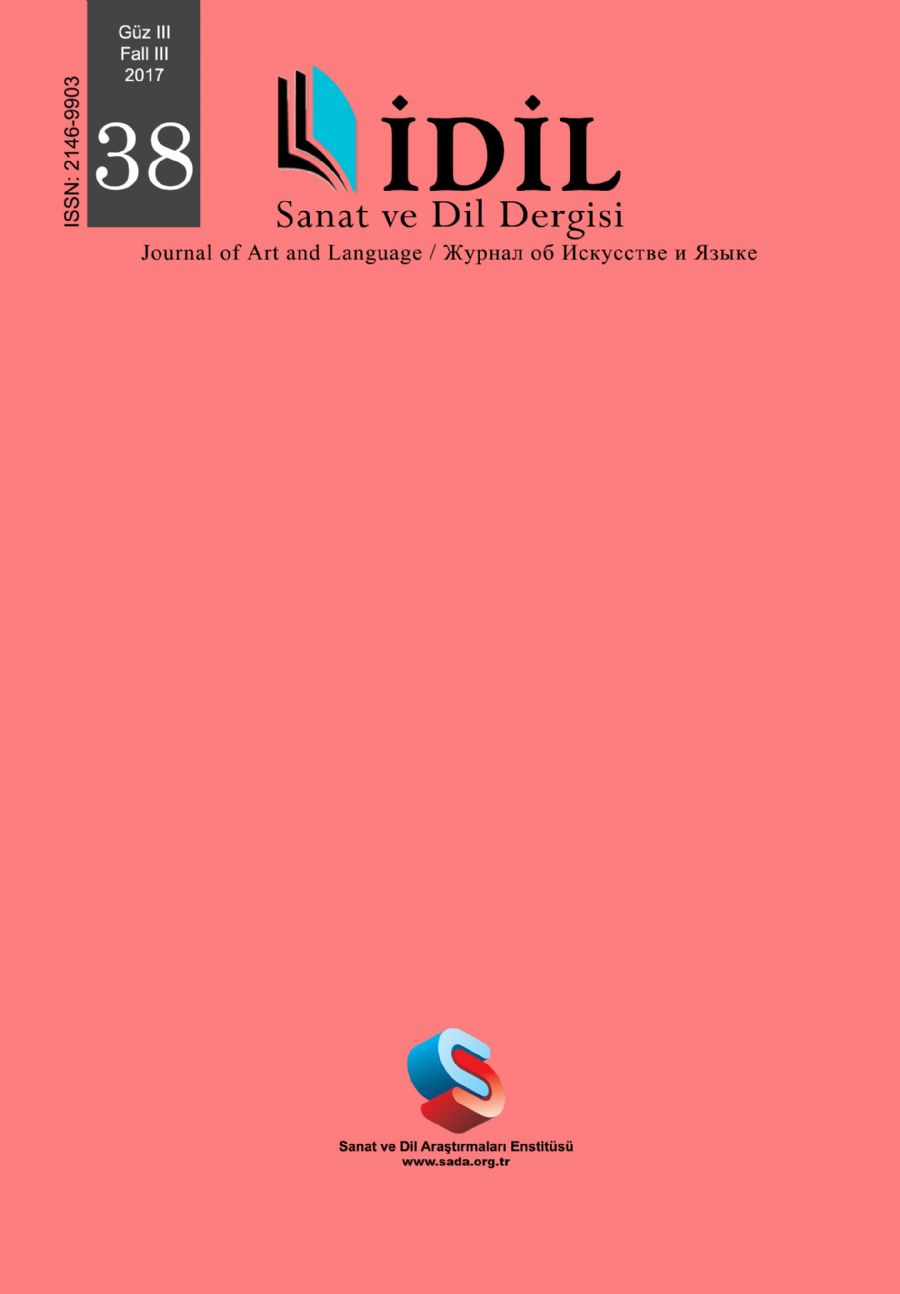ÜNİVERSİTE ÖĞRENCİLERİNİN WHATSAPP METİN YAZIŞMALARI ve EMOJİ KULLANIM TUTUMLARI
UNIVERSITY STUDENTS’ ATTITIDES TOWARD WHATSAPP TEXT INTERACTION AND EMOJI USAGE
Author(s): Yunus Pınar, Nihal Kubilay PınarSubject(s): Education, Transformation Period (1990 - 2010), ICT Information and Communications Technologies
Published by: Sanat ve Dil Araştırmaları Enstitüsü
Keywords: Emoji; Whats App; Turkish students;
Summary/Abstract: An emoji can be defined as a pictograph (graphic symbol) that represents not only a facial expression but also concepts and ideas and is frequently used to replace some words in messages. The first emoji was designed in 1999 in Japan by Kurita and emojis have only gotten popular globally since about 2011/2012. The Usage of emojis in WhatsApp text interactions can be thought of as an important way young people express their ideas and emotions. The purpose of this study was to investigate and clarify the attitude of Turkish university students towards whatsApp text interaction and emoji (pictogram) usage. We will also attempt to indicate university students’ perspectives on the emojis’ potential and capacity for reflecting the emotions. It was used for data collection in face-to-face interviews with the students from the Faculty of Letters of the Akdeniz University in Antalya. The final sample consisted of 10 undergraduate students, including 5 women and 5 men. In the study, all data were collected from semi-configured Interview Forms. All interviews with participants were done face to face by using deeply interviewing technique. Interviews were recorded by a digital voice recorder. After interviews, all voice records were initially transcribed. For analysis of open-ended questions a content analysis method was used. The salient findings revealed that university students have a strong tendency to use emoji in everyday life. Amongst other findings, it can be assumed that the students used little or no emoji in stressful situational contexts and ambivalent affective situations.
Journal: İdil Sanat ve Dil Dergisi
- Issue Year: 6/2017
- Issue No: 38
- Page Range: 2709-2719
- Page Count: 11
- Language: Turkish

